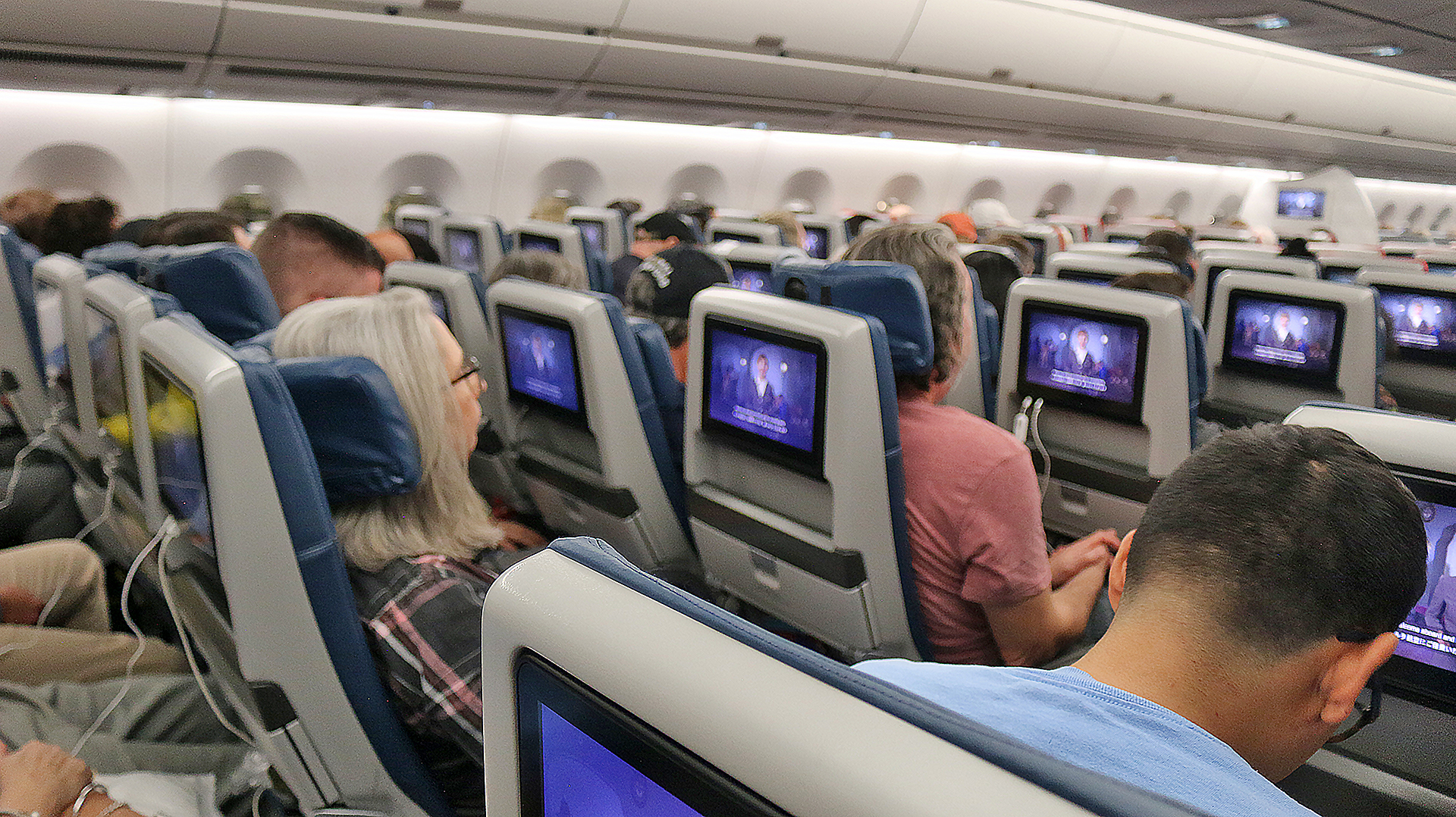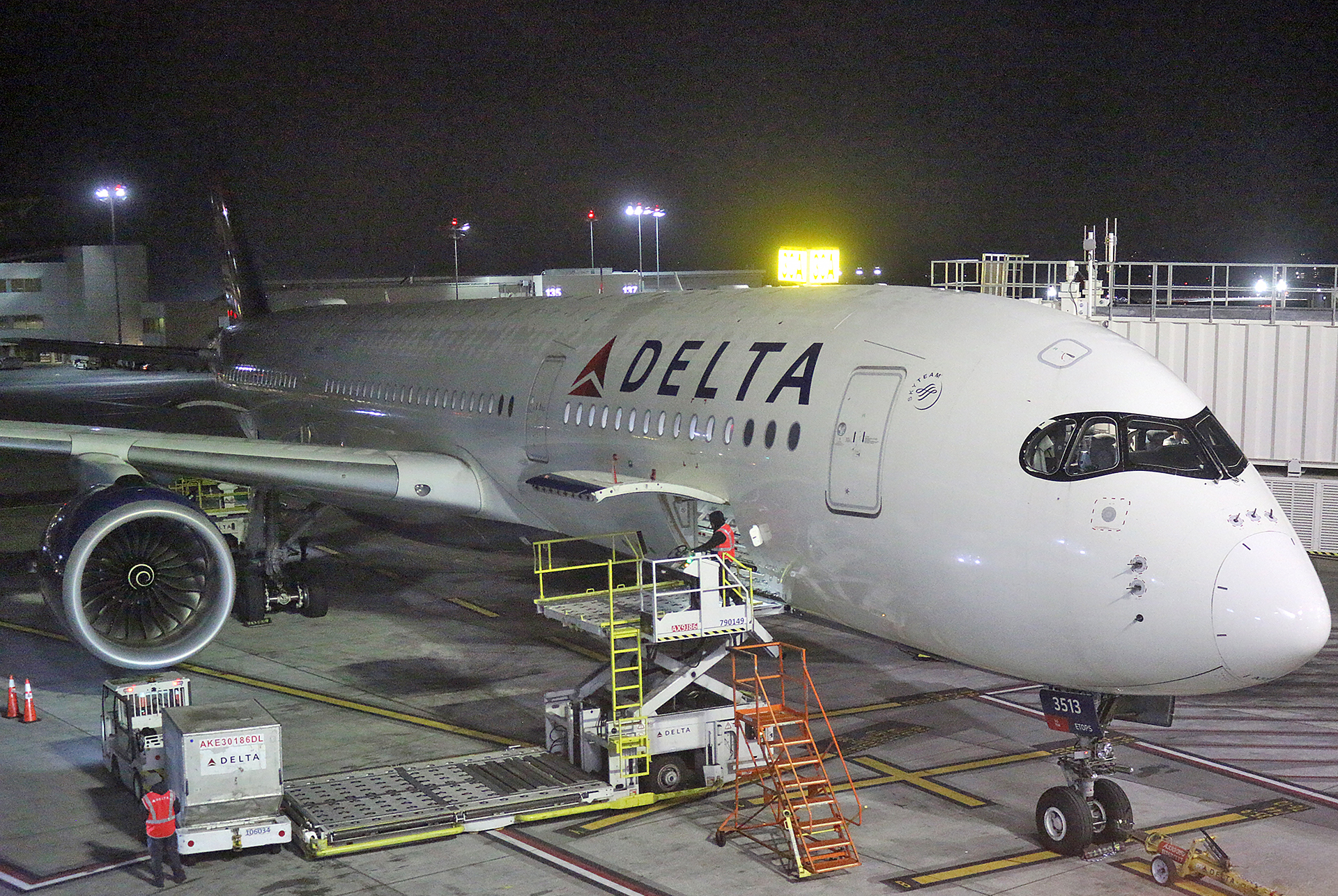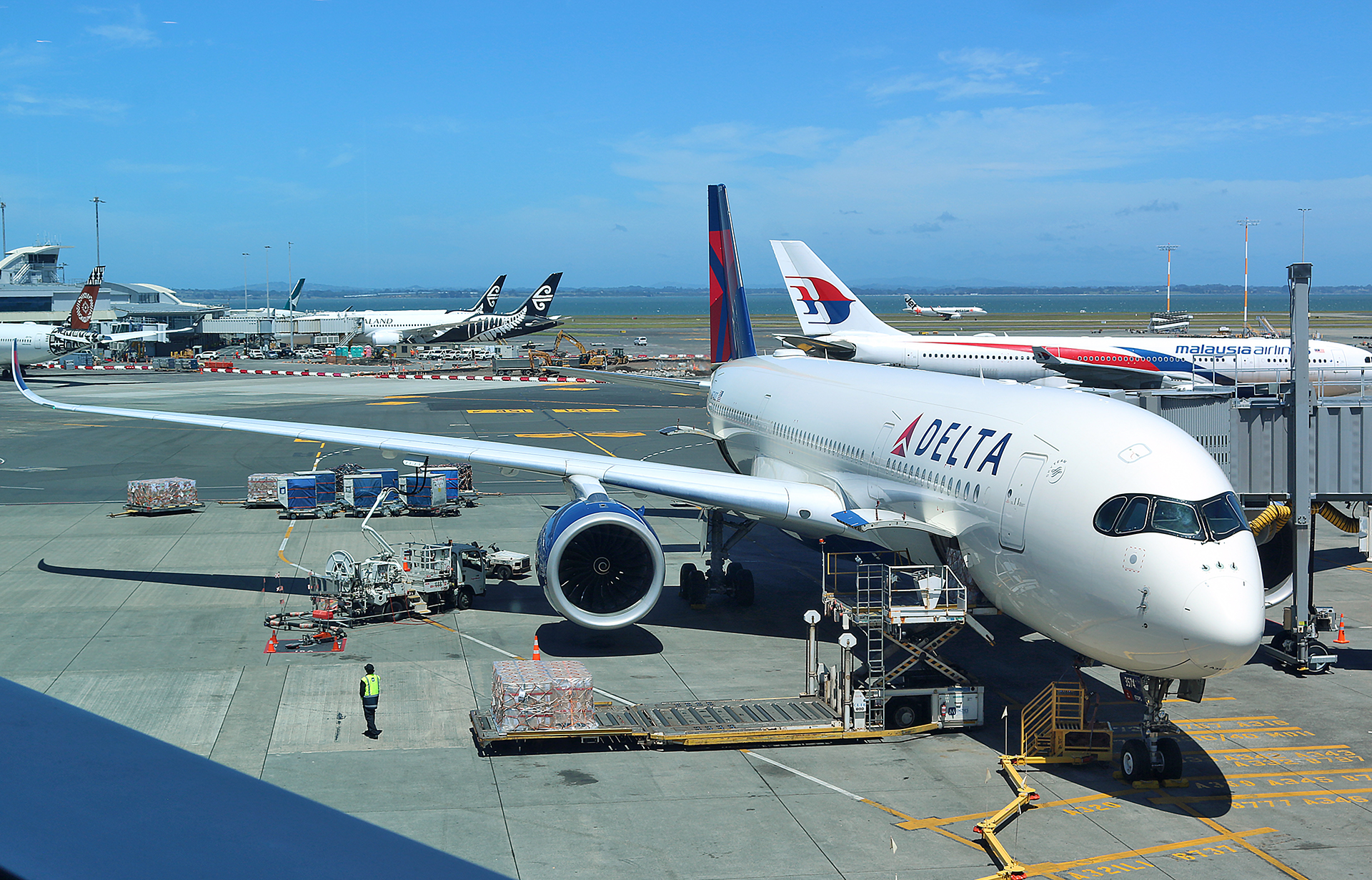Note: This article was originally published on Monday, May 18, 2015 at 3:34 in the afternoon and has been updated.
“We screwed up.”
Exactly nineteen years ago today — in an old building in Atlanta which once housed Macy’s — those refreshingly candid words launched a presentation as part of an event by Delta Air Lines called The Velvet Rope Tour; and I can tell you that the ears of every attendee in that room perked up when they heard those three simple yet unexpected words on the evening of Thursday, May 18, 2006.
“We Screwed Up.” It Was That Simple…

Jim Whitehurst — who was the chief operating officer of Delta Air Lines at that time — started the presentation by frankly stating that the reason Delta Air Lines was currently in bankruptcy was because “we have been failing you” and that Delta Air Lines has “not listened carefully enough to you”. He went on to say that 100 percent of the turnaround effort of Delta Air Lines will be on focusing on service and product, not on cost, as had been done in recent years; and that the goal is to be the number one carrier in the industry in terms of customer satisfaction.
Whitehurst continued to say such refreshingly candid comments as “baggage performance was unacceptable and will be improved”; and had described the international product offered by Delta Air Lines as “tired”. Joanne Smith and Jeff Robertson — at that time, vice president of marketing and managing director, SkyMiles program respectively for Delta Air Lines — also acknowledged the shortcomings of the airline and outlined plans and improvements for the future.
When that evening concluded, I do not believe there was one disgruntled customer who left the building; and, of course, the food and beverages served at the event — which included the now-infamous chocolate fountain — did not hurt things one single bit. The frankness and perceived honesty of executives reaching out to customers, admitting shortcomings, and offering glimpses into the future had given everyone who attended a new-found respect for Delta Air Lines and its employees.
If you do not believe me, just read this discussion posted on FlyerTalk as evidence of that statement.
It is a shame that there are times where it seems that employees of Delta Air Lines have not learned from the example which was set that night — especially when it comes to the SkyMiles membership program.
Why Are Companies Not More Transparent, Clear, and Honest?

Transparency, clarity, and honesty is not an issue solely for airlines to follow. With the exception of sensitive information which clearly needs to be classified, all businesses need to ensure that information is disseminated to their customers transparently, honestly and with clarity…
…but with the latest update of ticket classes — excuse me, “travel experiences” — that were recently introduced by Delta Air Lines, is the airline really being transparent about its intention? Is confused how customers should feel about the businesses they patronize?
The theme of many recent articles pertaining to the aforementioned latest changes is not necessarily that the SkyMiles frequent flier loyalty program is worsening or becoming more unfriendly to customers; but rather the way policies and rules are being changed and implemented in a manner inconsistent with transparency to customers which is the source of frustration and mistrust by customers…
…and as I have mentioned multiple times in past articles such as this one, that loss of trust can prove to be harmful to a company when the economy falters — which will eventually happen, as the economy always rises and ebbs.
While conducting business in a town north of Boston years ago, someone asked me a question. “I do not know,” I responded, “but I will find out the answer for you.”
I received what I thought was an undue amount of praise from employees and colleagues for uttering such a simple yet sincere statement. They were not used to transparency and honesty. For them, it was refreshing to hear someone say something like that — and, of course, I came through on my word and found the correct answer to the question.
Final Boarding Call

It is so incredibly simple to practice being straightforward and transparent with anyone — let alone customers — even if the information is not what that person wants to hear. It should not matter whether a company is flourishing or languishing in bankruptcy. Admitting to mistakes, taking responsibility for them and correcting them should not even be a second thought — and nor should being transparent to people with whom you conduct business.
Of course, it is naïve to think that just because you are honest, straightforward and transparent that other people will like what you have to say — but at least with many of them, you will earn their respect and trust. They will know that they can count on you for the truth.
Why is that such a difficult concept to grasp? Why does it seem that corporate communications and marketing departments of companies in general are loathe to be open, honest and clear? Why can’t we all work together to find better solutions which can result in a win-win situation for as many people as possible?
Management and executive personnel of companies may not feel they owe it to their suppliers, stakeholders and customers to grant every single request by them regardless of the consequences; but they do at least owe their customers truthfulness, transparency, honesty and clarity pertaining to the changes and implementation of policies which affect them; and they should learn from what Jim Whitehurst did on that spring night in Atlanta nine years ago — in my opinion, anyway…
All photographs ©2007 and ©2024 by Brian Cohen.

